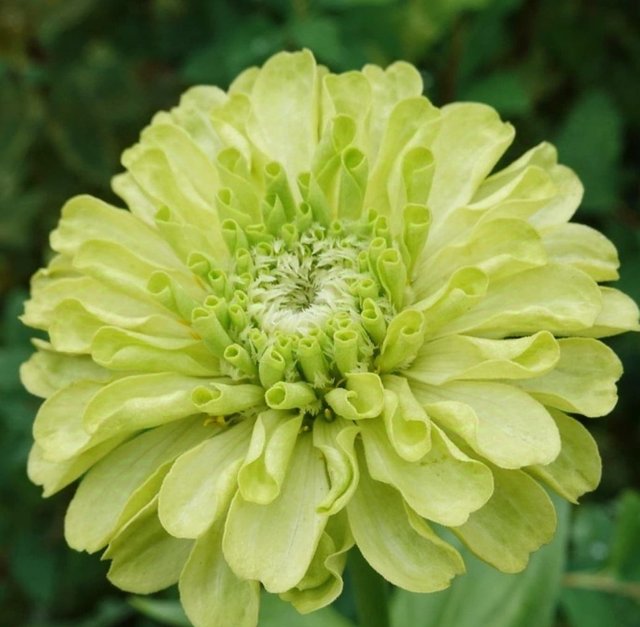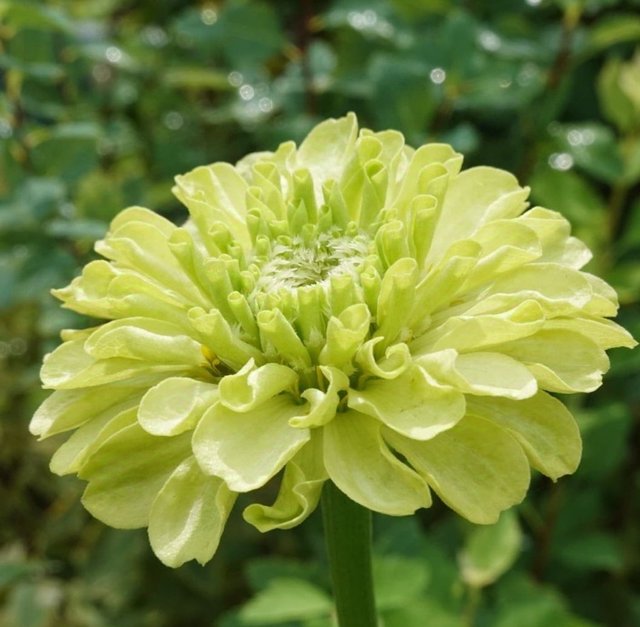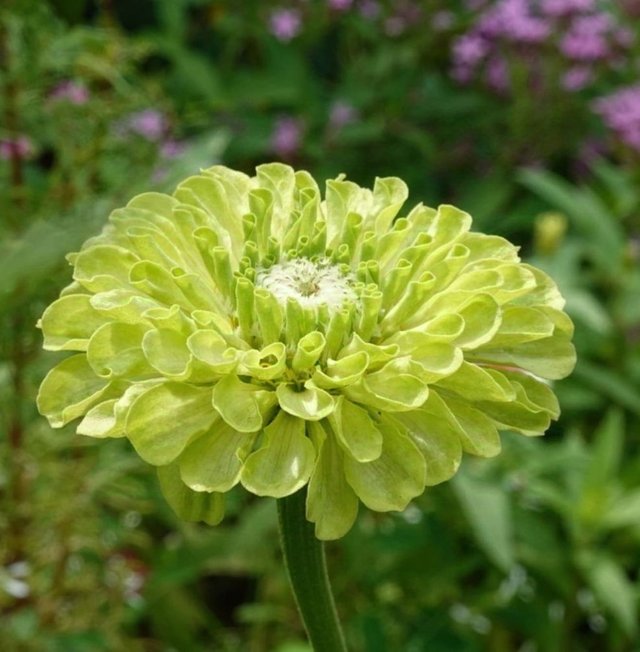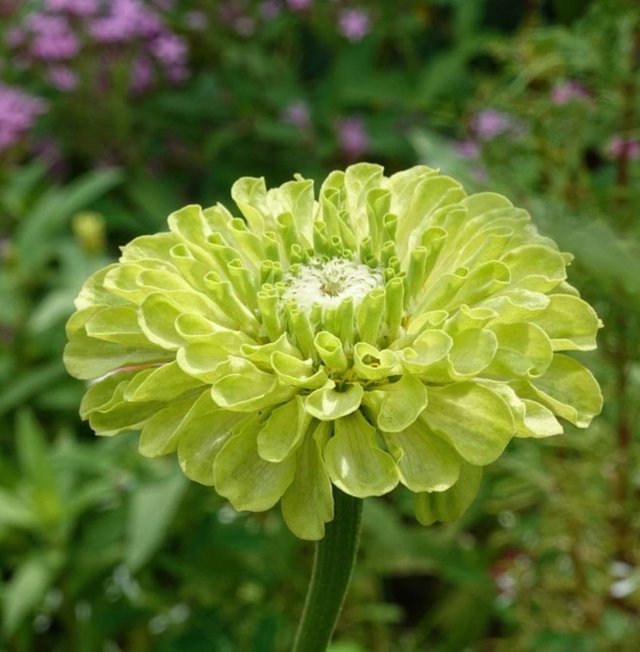Common Zinnia So Amazing
The Common Zinnia: A Guide to Growing, Caring, and Enjoying This Vibrant Flower
The common zinnia is one of the most cherished garden flowers due to its vibrant colors, easy care, and long blooming season. Native to Mexico and Central America, zinnias have gained global popularity for their stunning appearance and adaptability. Whether you're a seasoned gardener or a beginner, common zinnias are a fantastic addition to any garden, offering a burst of color throughout the growing season.
In this post, we'll explore the history of common zinnias, their unique features, and practical tips for growing and maintaining them.
History and Origins
Zinnias were first documented by the Spanish in the 1500s when explorers encountered them in Mexico. Early varieties were not as spectacular as the ones we see today, often being referred to as "mal de ojos" or "sickness of the eyes" due to their less appealing, dull colors. It wasn't until the 18th century that Johann Gottfried Zinn, a German botanist, began classifying and studying the plant. In fact, the flower was named after him in honor of his contributions. Since then, through hybridization and cultivation, zinnias have evolved into the vibrant, showy flowers we know today.
Key Characteristics of Common Zinnia
Colors and Variety: Zinnias are most known for their striking variety of colors. They come in nearly every shade imaginable, from deep reds, oranges, pinks, and purples to softer pastels and even bicolored varieties. Some zinnias even have patterned petals, making them a truly diverse flower species.
Shape and Size: Zinnias have daisy-like blooms that vary in size, from 1 inch to as large as 6 inches across. They grow on sturdy stems, making them ideal as cut flowers. Their growth habit can vary significantly based on the variety, with some zinnias being low and compact while others grow tall, reaching heights of up to 4 feet.




